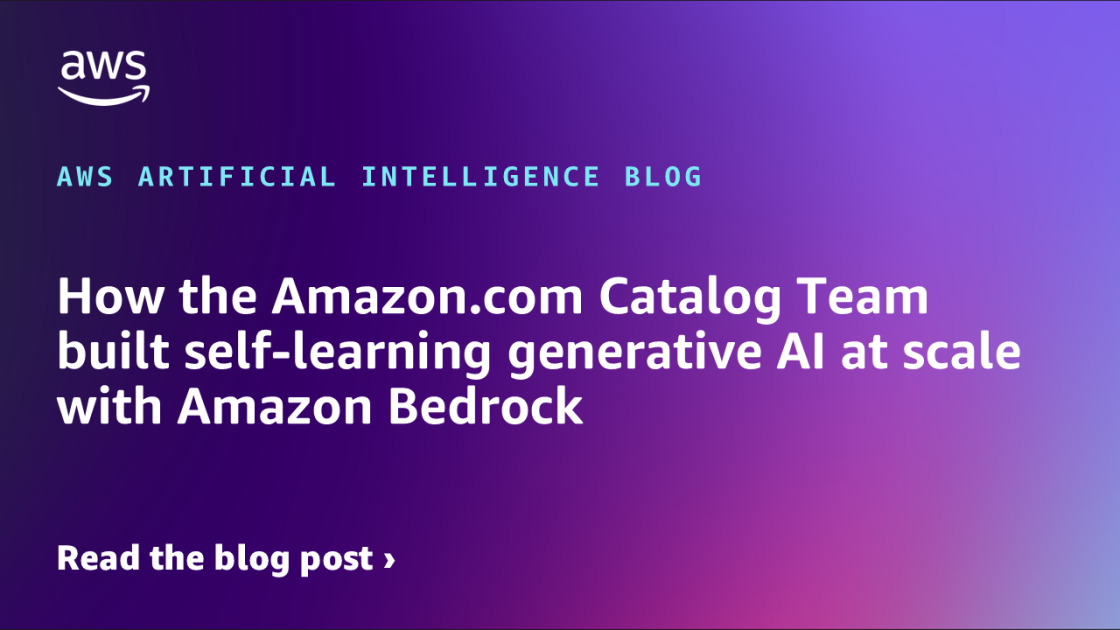
Today marks an exciting milestone for developers looking to build sophisticated AI agents: we’re thrilled to announce the public release of the Agent Development Kit! ADK is a Python SDK designed to streamline the creation of powerful agents, leveraging models like Gemini on Vertex AI, while crucially offering flexibility and interoperability.
Let’s dive into what makes ADK a game-changer.
Building an agent with ADK boils down to three fundamental elements:
- Instruction: This is the heart of your agent — a clear, natural language definition of its goal, purpose, and behavior. Detailed instructions, potentially refined with AI assistance like Gemini, help cover edge cases and guide the agent effectively.
- Tools: Agents need to interact with the world outside the agent. Tools are functions or API calls that allow your agent to perform actions, access external data sources, or utilize specific capabilities. This is where functionalities like Retrieval Augmented Generation (RAG) come into play.
- Model: The engine driving the agent. The model interprets the instructions, processes input, decides when and how to use the available tools, and generates the final output.
A key strength of ADK is its model-agnostic architecture. In addition to Gemini, Developers have the freedom to integrate other powerful large language models, such as Llama and Claude.
This flexibility allows you to select the model that best suits your specific task requirements, performance needs, or existing infrastructure, ensuring ADK can fit seamlessly into diverse development environments.
How does ADK achieve this flexibility and enable complex interactions like RAG? A core part of the answer lies in its support for the Model Context Protocol (MCP).
MCP provides a standardized structure and format for the information exchanged between data sources and the underlying LLM. This standardization is crucial:
- Simplifies Tool Integration: It makes it easier for the model to understand and utilize various tools, including those for RAG.
- Enables RAG: By standardizing data requests, MCP facilitates Retrieval Augmented Generation.
- Promotes Reusability: Standard protocols encourage the development of reusable tools and components that can work across different agents and potentially different models that adhere to the standard.
Clear docstrings describing tools are vital, as they provide the natural language description the model uses to understand the tool’s purpose and how to invoke it correctly.
ADK comes equipped with practical tools for developers. You can easily connect to Vertex AI using your Google Cloud Project or an API key via a simple .env file setup.
Furthermore, ADK includes a built-in Dev UI for local development, launched with a simple adk web command in the terminal. This UI allows for easy testing, including multi-modal inputs like images, audio, and video alongside text prompts. Looking ahead, this Dev UI is planned to integrate with Gemini Code Assist and supported IDEs later this year, further streamlining the development workflow.
The Agent Development Kit (ADK) empowers you to build sophisticated, knowledgeable, and action-oriented AI agents. Its emphasis on clear instructions, powerful tools (including RAG), and crucially, its model-agnostic design and interoperability via standards like MCP, makes it a flexible and robust choice.
bit.ly/adk-python
ADK is publicly available TODAY. It’s time to explore how you can build an agent with Gemini on Vertex AI (or other compatible models) to automate tasks, enhance workflows, and make your life easier.
Go build something amazing!
Source Credit: https://medium.com/google-cloud/introducing-the-agent-development-kit-adk-build-powerful-interoperable-ai-agents-with-ease-d2f8ef005376?source=rss—-e52cf94d98af—4




